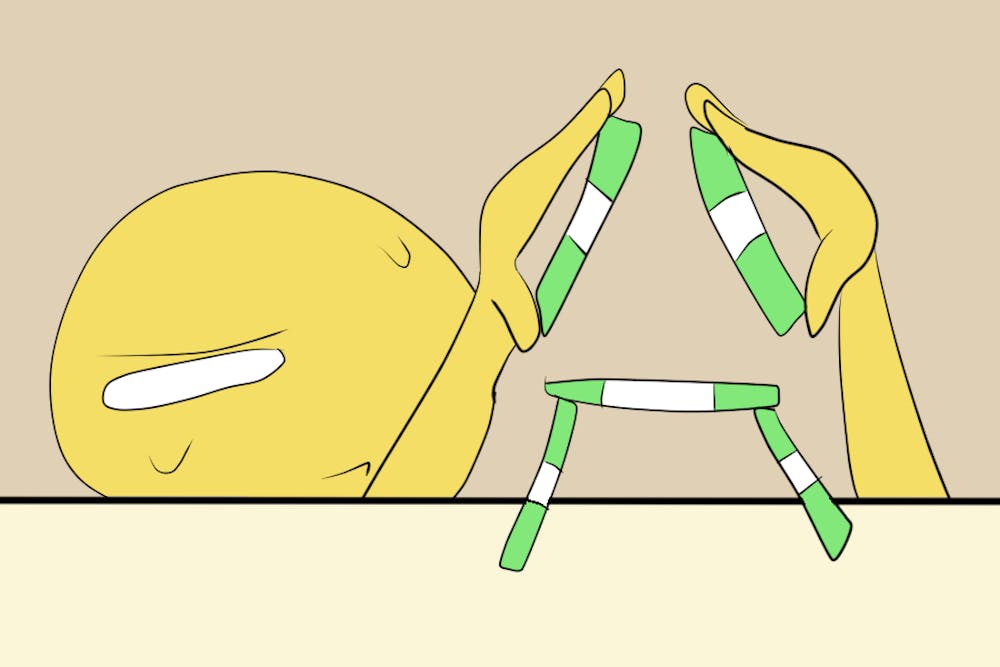A community on the Polytechnic campus seeks to bolster networking among student entrepreneurs, despite a recent drop in the number of residents there.
The Startup Village is an organization on the Polytechnic campus that gives engineers and entrepreneurs the opportunity to live in a close-knit community. But since the fall 2016 semester, the Village went from 23 residents to seven, said Startup Village president and technological entrepreneurship management senior Nicholas Flowers.
Flowers said that the organization's leadership is in the process of refilling the Village for the 2018-19 academic year.
"At the end of fall semester last year, we had 14 people graduate out because of their startups," Flowers said.
However, the decline in residents was a positive thing because it indicated that a substantial amount of startups rooted in the Village were on their way to success, said Steve Cho, Startup Village advisor and ASU technological entrepreneurship lecturer.
"The main reason why they were leaving the Village wasn’t because they were unhappy with the Village or because they didn’t think it was useful, it’s that they had outgrown the Village," Cho said.
Cho said many students who left the Village last year waited until the last minute to inform leadership that they would not be returning. Unfortunately, their late notice did not give the Village much time to recruit new residents before the 2017-2018 ASU housing deadline.
The Village admission process begins with an application and an in-person interview.
Once students have completed the application and interview, they are able to apply for housing in the Startup Village through the University housing process.
M33 Labs was one of the startups that graduated from the community in the fall 2016 semester, since then it has expanded its business. Now they are creating a desktop with a built-in pop-up monitor.
Dorm Docks LLC, one of the current startups in the Village, is co-founded by Flowers. The company is creating a skateboard storage solution for dorms and apartments that can be folded up when not in use to clear up tight spaces.
Moto8ight, a former Village startup, has created a DIY motorcycle kit, allowing riders to build and customize their own bikes.
Cho said most information regarding the Startup Village is conveyed through leaflets, events and word-of-mouth. Associate members have also helped grow the network.
"We have been building up links to associate members, those associate members don’t live in the Village but they want to be involved in the Village," Cho said. "These are other entrepreneurs, so we’re growing out the network that way."
Cho said the Startup Village wasn't meant to be exclusively for the Polytechnic campus, adding "it’s supposed to be for the entire University."
"Startup Village was never meant to be exclusively a (Polytechnic) organization, it’s supposed to be for the entire University," Cho said.
Startup Village Vice President and technological entrepreneurship management junior Scott Niemira said living in the dorms as a freshman allowed him meet a lot of interesting people, but none of those people shared his interest in building a startup.
"The people I’ve met in Startup Village are people that are trying to do the same things I am and go the same place," Niemira said. "I find that the connections are more valuable for a career."
Lauren Dunning, an entrepreneurship and innovation Program Manager at ASU, said having a community for student innovators and entrepreneurs was important in honing their respective crafts.
"The hope is that students have access to the resources they need to move their ideas forward and are at least as successful if not more successful by living in this community," Dunning said.
Reach the reporter at jlneff1@asu.edu or follow @jennaleeneff on Twitter.
Like The State Press on Facebook and follow @statepress on Twitter.




